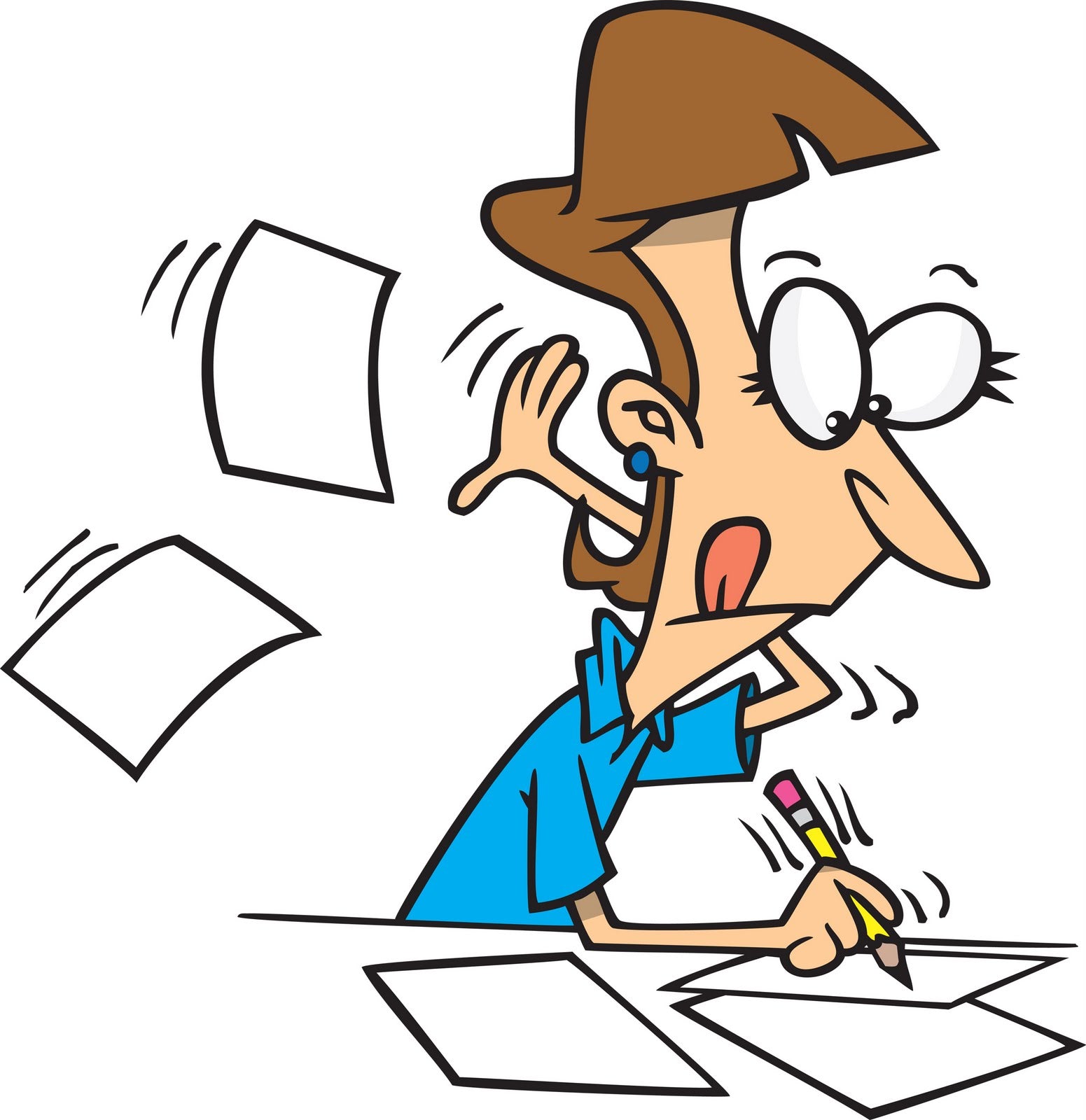We all make mistakes, but some of them are just plain ridiculous!
Like a part in my novel where I typed "the wound had head" instead of "the wound had healed". Or where I accidentally wrote about the "top water PIMP supplier" where I should have said "top water PUMP supplier".
Those little mistakes are so annoyingly hard to spot, but they're the ones that stand out the most to readers. Here are a few of the more common slip-ups that you'll find in writing that could stand to be improved:
Too many commas -- That, to be certain, is one of my biggest weaknesses in my writing. It's hard to know when and when not to use commas, even if you're a professional. Want to avoid this silly mistake? Check out Purdue's Guide to Commas for even the most punctuation-impaired! Too many is just as bad as too few.
Etc. -- Try to avoid the use of etcetera as much as possible. Instead of saying "apples, oranges, etc.", just say "fruits". Using etc. means you've run out of something to say, and you never want to convey that as a writer!
Over-descriptions -- Do you really need to say that the man "sprinted quickly" when the word "sprint" already denotes running very fast? If the sky is blue, do you have to write it? Trim down those descriptions as much as possible.
Less vs Fewer -- Use "fewer" when the noun is listable, finite. For example, "Bob has FEWER apples than Jane." Use "less" when it's indefinable, like "Bob has LESS intelligence than Haskell."
Prevaricating -- Prevaricating (saying, "I think", "I believe", "I am of the opinion", etc.) makes you look hesitant and weak. Don't be spineless, but say it with conviction!
Affect and Effect -- Tough one, this. Affect and effect are both nouns and verbs.
- To affect (verb) is to change
- An affect (noun) is an act or artificial pretense.
- To effect (verb) means to make something happen.
- An effect (noun) is a result.

